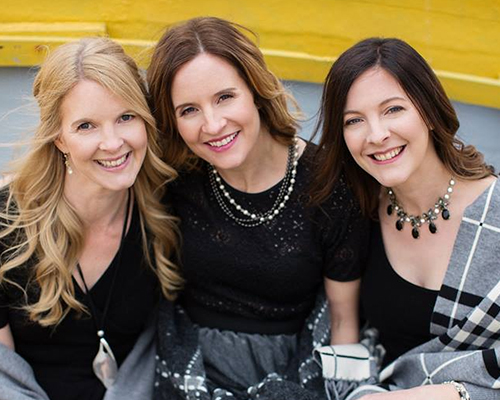Sara
My nana was diagnosed eight years ago.
In hindsight, I saw it coming for a while, but I was still saddened by the diagnosis.
Her doctor was good about it and today, my grandmother’s home-care worker is like part of our family.
My family wasn’t surprised to hear about nana, either, but it was still upsetting to receive the news. Nana was the heart of our family. Everything revolved around her.
My grandmother’s dementia was hard for people around us, too. They really didn’t understand the disease or the impact it had on our family. One thing I noticed is that some would start to talk down to her, as if she didn’t exist. It was so frustrating to see that my nana wasn’t being treated like she had been before the diagnosis.
It’s also important for families to have open conversations when a family member is diagnosed with dementia. Talking honestly will make it easier and more comfortable for everyone, especially for the person with dementia. Remember, even though you may feel scared about dementia imagine how the person with the disease must feel.
My nana and I were really close. After my grandpa passed away, nana moved in with us, and she and I shared a bedroom for a couple of years. We loved watching figure skating together and thanks to nana’s love of baseball, I’ve become a huge baseball fan myself.

HERE ARE MY TIPS TO HELP YOU UNDERSTAND:
- They’re still people. Even though someone with dementia will forget things, they’re still a human being. Don’t belittle them. Treat with respect and dignity.
- They still feel and sense things. When they can’t remember your name, they still know who you are on some level.
- Learn as much as you can about dementia. Informing yourself and educating others about dementia will help increase understanding.
- Get diagnosed. Seeing your doctor and getting a diagnosis is important for getting help and the right kind of treatment.
- Life continues after diagnosis. People can live with dementia. You just have to adjust your lifestyle and help them as much as you can.
-
More Stories
-

Catharine Ann
2018
Newfoundland and Labrador
-

Peter
2018
Newfoundland and Labrador
-

Roseanne
2019
Newfoundland and Labrador
-

Teresa, Karen and Maureen
2019
Newfoundland and Labrador

Comments
We may use your information in order to track your relationship with us and our site(s). We do NOT share your information with third parties.